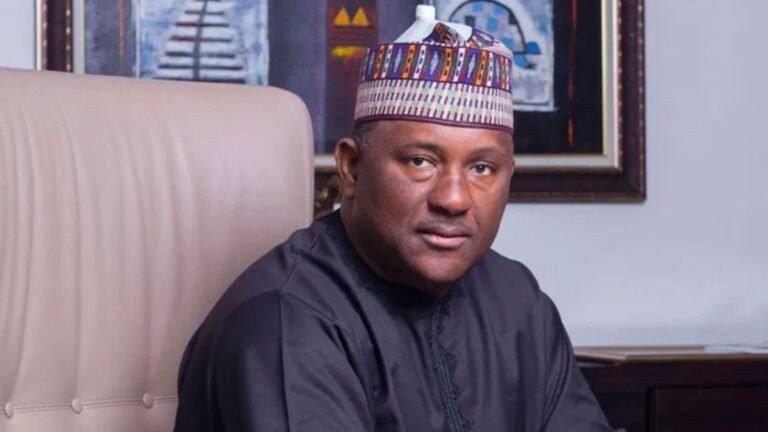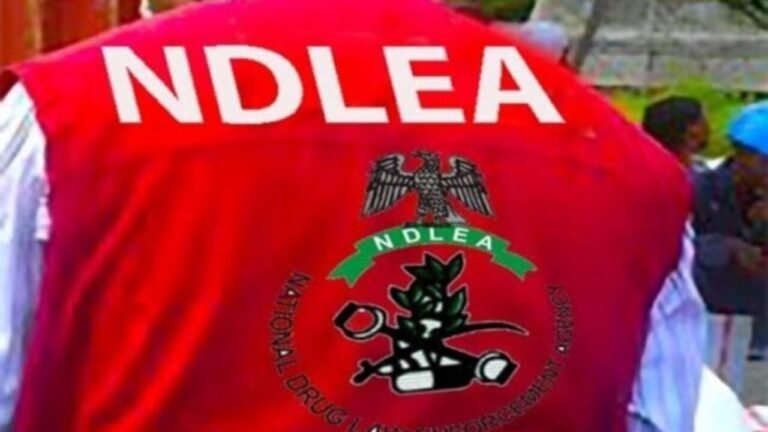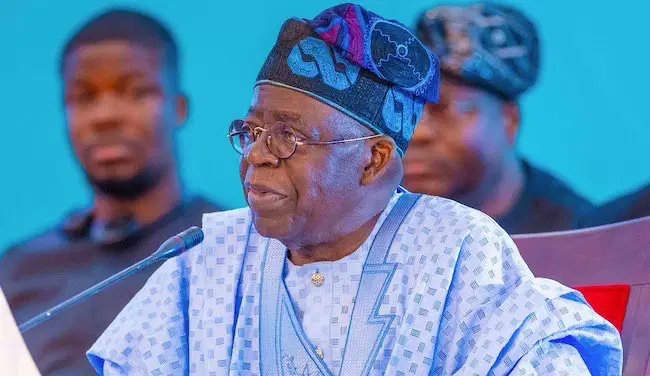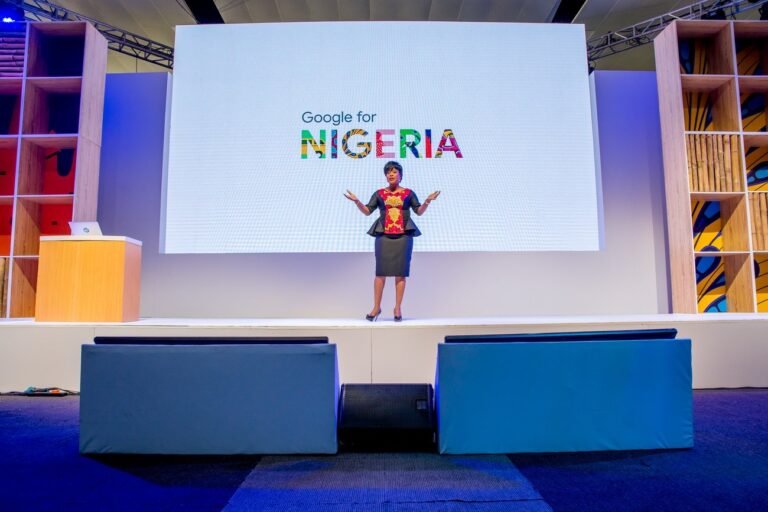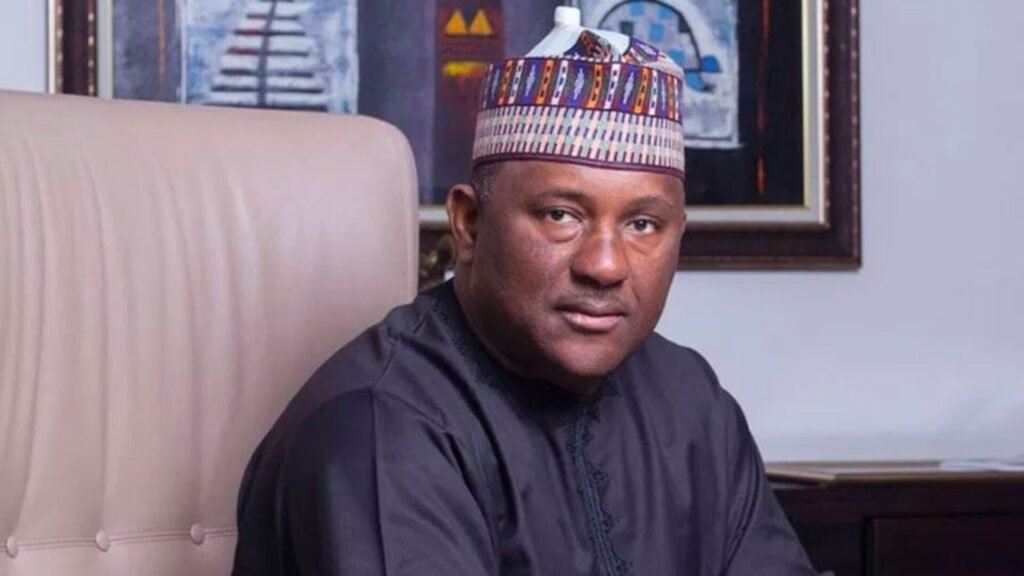Dangote Refinery fuel supply has become a major concern in Nigeria, with the Depot and Petroleum Products Marketers Association of Nigeria (DAPPMAN) urging the refinery to improve access and sell products at affordable rates. According to the association, closer collaboration with marketers will ensure steady distribution, stabilize prices, and finally put an end to the long fuel queues across the country.
Ikem Ohia, spokesperson for DAPPMAN, made this statement during an interview on Channels Television’s The Morning Brief. He dismissed claims of conflict with Dangote Refinery, clarifying that marketers only want a transparent arrangement that guarantees regular supply for Nigerians.
“Our key interest is to have petroleum products offered at reasonable prices consistently, in a way that there’s no stock-out and Nigerians no longer queue for fuel,” Ohia emphasized.
He explained that while Dangote Refinery remains the dominant supplier, the main challenges are pricing and access to fuel supply. “The question is: at what price does he offer us, and do we actually have access to purchase these products from him?” he asked.
DAPPMAN highlighted that its members already have a strong nationwide distribution network, with depots in Lagos, Warri, Port Harcourt, and Calabar. The association urged Dangote to take advantage of these facilities to meet demand more effectively.
“What we are asking Dangote to do is to use these depots that are already in existence for us to meet the demands of Nigerians,” Ohia added.
On whether marketers are pushing for subsidies, he clarified: “We are businessmen; he is a businessman. We’re not asking for subsidies. We went into negotiations and are still negotiating to see how he can bridge the gap.”
He also pointed out that globally, refineries rely on bulk supply through off-takers, alongside retail sales, to sustain production. Relying solely on retail gantry sales, he warned, cannot meet Nigeria’s fuel demand.
Although DAPPMAN approached Dangote Refinery before production began to request bulk supply, no firm agreement was reached. Instead, the refinery currently prefers to work with a few selected partners, including one or two DAPPMAN members.
“We believe an open system, not a controlled one, will help the country,” he insisted.
On distribution challenges, Ohia noted that many DAPPMAN members also own filling stations, with some operating as many as 300 outlets. However, restricted access to fuel supply has left them unable to meet the needs of Nigerians.
DAPPMAN’s call signals the urgent need for a fair and transparent distribution strategy. With the Dangote Refinery positioned as a game-changer in Nigeria’s energy sector, stakeholders believe improved collaboration could stabilize the market, guarantee consistent availability, and ensure citizens benefit from the refinery’s full potential.


